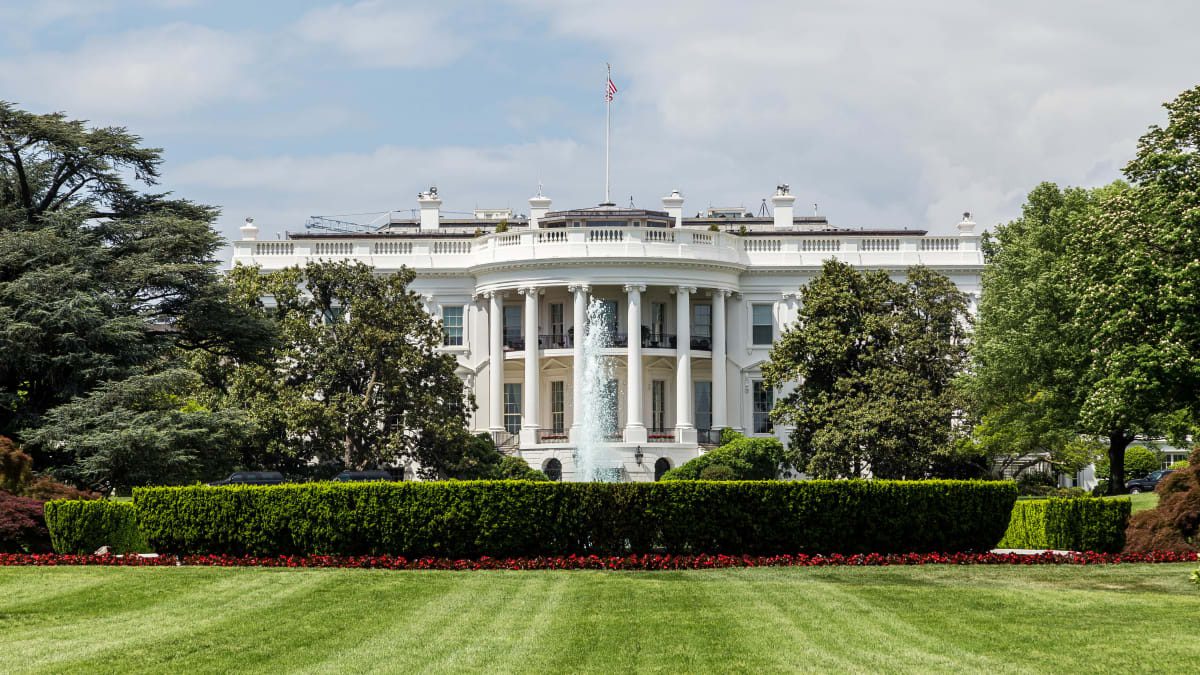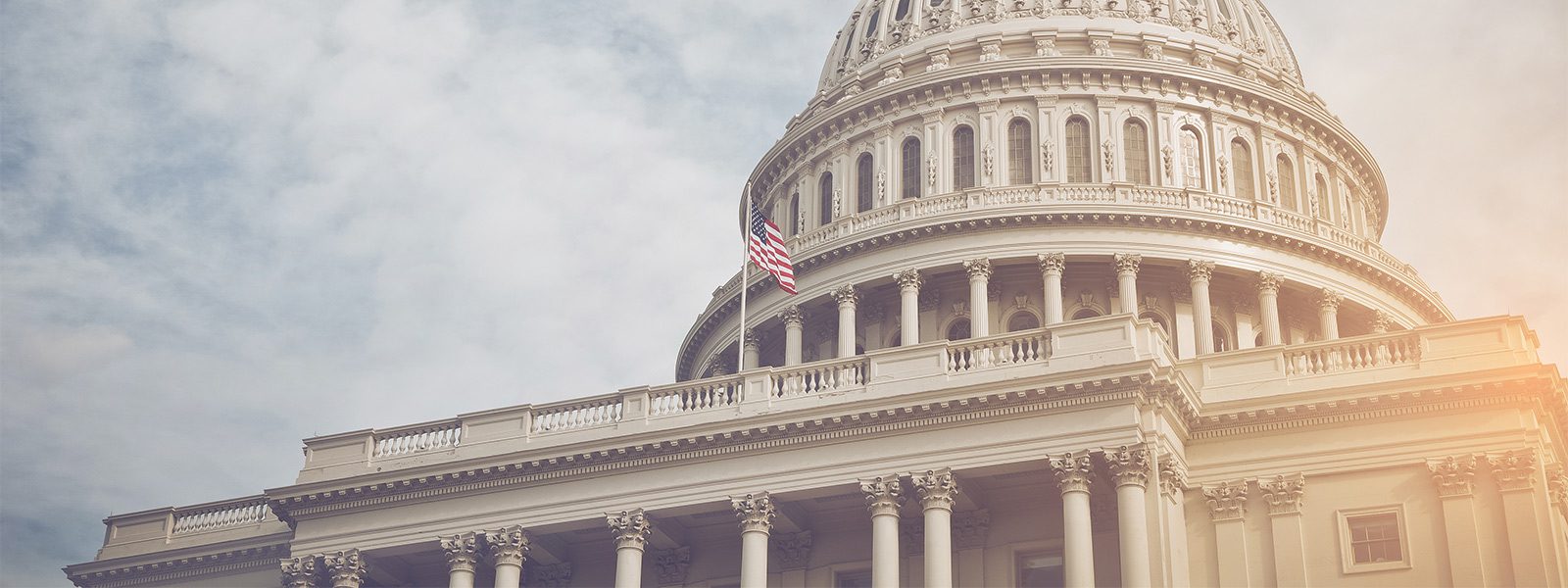Last week, Rep. Roskam (R-IL), a member of the Ways and Means Committee, said, “You can imagine over the next two or three weeks as we’re looking for pay-fors, there’s a disposition to be more forward-leaning on some of these sorts of things. Proposals that may not be particularly attractive at the beginning of the tax reform process become more attractive given the alternative.”
This statement may indicate that lawmakers are considering taxing the nonprofit sector to offset the cost of other tax reform proposals.
Changes in the economy, increased competition, and decreased government funding have prompted charities to pursue a variety of activities to generate enough revenue to meet community needs. In some instances, charitable nonprofit organizations capitalize on opportunities that naturally arise from their day-to-day exempt operations. Charities also may invest in income-producing activities that are not directly related to their mission. It is this critical revenue stream for charities that has emerged as the newest potential target in the federal tax reform debate.
Congress may revisit proposals from the Tax Reform Act of 2014, which included several provisions that would re-classify nonprofit revenue as “unrelated business income.” If included in tax reform, these provisions could substantially increase the tax liability of public charities, reduce the funding for essential programs, and impede their ability to meet community needs.
For example, proposed changes to qualified sponsorship payments could change how charitable organizations fund programs like homeless or natural disaster one-stop service centers, sports leagues for at-risk youth, walks to fight chronic disease, or public arts and cultural events. Expanding the unrelated business income tax (UBIT) would require charities to pay taxes on sponsorships supporting these programs, even though they are mission-related. Other potential targets for an expanded UBIT include royalties, non-public research, and sale of distressed properties.
Current tax reform proposals already threaten to dramatically reduce charitable giving. Increasing taxes on nonprofit earned income and sponsorships by expanding UBIT jeopardizes another critical revenue stream charities rely upon to serve their communities.
We are disappointed that Congress, once again, may be looking to nonprofits as a potential source of revenue to pay for cuts in other parts of the tax code. Tax reform should protect the critical resources charities use to advance the common good, including both charitable giving and earned revenue.
Read more in a recent Bloomberg BNA story.


